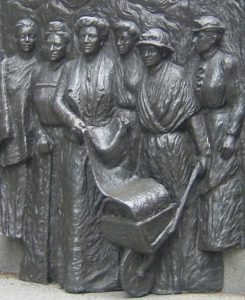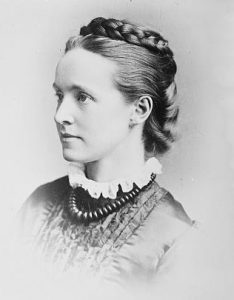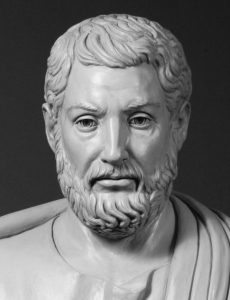
StoryLine
Democracy

Winston Churchill, Parliament Square, London © Sue Lowry & Magellan PR
January 1, 1970
Although the term ‘democracy’ comes from the Greek ‘demokratia’ (or ‘rule of the people’), it hasn’t always meant ‘rule of all people’.
And it still doesn’t. In virtually all democratic governments throughout history, democratic citizenship consisted of a wealthy and elite ‘upper’ class until, through the suffrage movements of the nineteenth and twentieth centuries, full enfranchisement was won for all adult citizens in most modern democracies. But democracy – a form of government in which all people have the right to elect leaders by voting – is still not universal.
Today, there are countries where women aren’t allowed to vote at all – Saudi Arabia and the Vatican City – and both women and men have a limited vote in Brunei (because it’s a sultanate and has no electoral system) and the United Arab Emirates (UAE). Though all other countries allow women to vote in some elections, some countries have a traditionally low turnout of women voters because of social conventions.
Subscribe
WANT MORE?
Get the Churchill Bulletin delivered to your inbox once a month.





